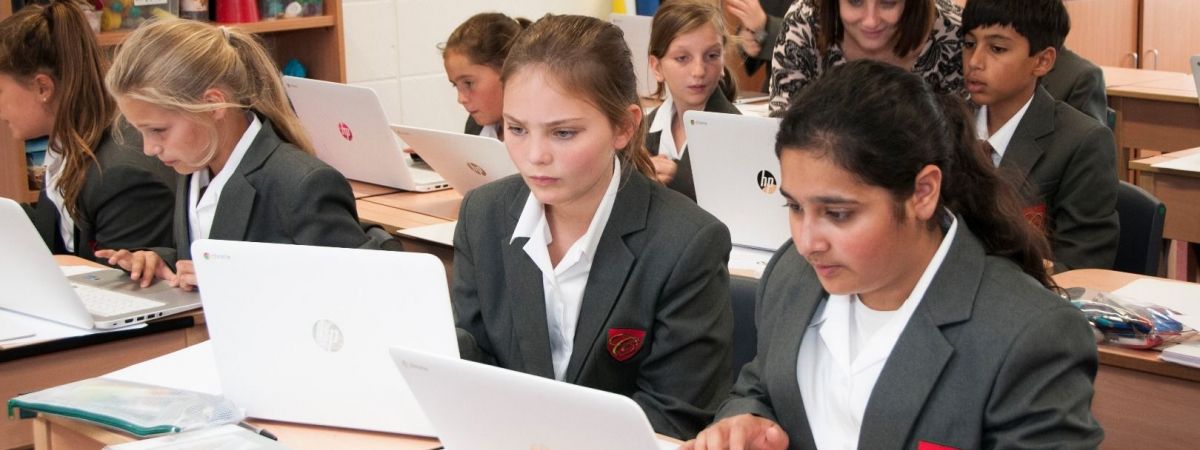Why We Shouldn’t Scrap GCSEs and A-Levels
Our Campaign Manager Mike Burke has written this blog:
Every year it feels like the daffodils in the back-garden bloom earlier and earlier; this year I saw the first shoots before January was out. Likewise, every year we have a debate about our exams system, and it’s come earlier than ever this time.
Two separate calls to scrap – or alter beyond all recognition – GCSEs and A-Levels from earlier this month have predictably restarted the usual battles, with both sides spitting feathers whilst Twitter eggs scream into the void “won’t somebody please think of the children?!”
On balance I think that we should keep the current system, for several reasons. Firstly, the sector has had enough change already in recent years – and I find it strange that some who want to completely overhaul the system are the same people who chastised Michael Gove for changing too much when their proposals (or the proposals from others that they support) go so much further. These changes would also affect people well beyond teaching; we’ve seen employers have enough difficulty understanding the new 1-9 grading system, let alone any bigger changes.
But more importantly, I think that the moral case for keeping the system is strong. For GCSEs, we currently insist that almost all children have a broad and balanced academic curriculum up until the end of Year Eleven. This is not to try and force them, even the ‘less academic’ ones, down a certain path; quite the opposite. It is to make sure they have as many routes open to them as possible, and to ensure that they are old enough when they do make decisions about specialisation, be that through A-Levels, T-Levels or another route.
And, in turn, A-Levels are important precisely because of that specialisation. After the broad offering of GCSEs, sixteen-year-olds are old enough to understand what they enjoy, and where their strengths lie. The courses they have taken, and qualifications they have earned, will allow them to choose from a variety of different paths, and A-Levels (and now T-Levels) give them the opportunity to gain an incredibly in-depth understanding of subjects that they are genuinely passionate about. This wouldn’t work if they didn’t have the broad offering of GCSEs first – but they do, and it means that the current system is primed to allow as many pupils as possible to choose their path in life.
This system isn’t perfect. Issues around accountability, exam pressures and ensuring pupils do access the broad and balanced curriculum GCSEs theoretically allow for are all worth discussion. But, for the most part, I think this system works fairly well for the key parties involved. That wouldn’t matter if a new, better system was offered; but I don’t think there has been one.
Vague suggestions of a new baccalaureate, running until the age of 18, have been made to replace our current qualifications. It would supposedly mix academic, technical and vocational subjects, as well as focusing on pupil development.
But, in practice, what would happen is that disadvantaged pupils, many of whom will have come into primary and secondary schools from a lower starting point than their peers, would inevitably be shunted towards the vocational options. At the same time, better-off children whose background meant they came into schools with more prior knowledge, get the same broad academic diet that they’ve always had, widening inequality and denying chances to those who need them most. We know this because it’s happened many times before, and the education sector has worked hard to move away from it and towards a broad, rich academic diet for all.
GCSEs after recent reforms are so important because they are part of a wider goal to ensure all children get the same education that the most privileged will receive regardless of what qualifications are on offer. Take that away and we will go backwards.
In fact, this whole suggestion is going backwards. The Tomlinson Review in 2004, commissioned by New Labour to change the schools landscape, had some near-identical ideas in it, and most of it was thoroughly dismissed. It would have given too high status to weak courses, crowded out genuine academic subjects, and narrowed the opportunities for certain pupils far too early; much of this would also be a problem with these new proposals. The past decade has seen good work (much of which stems from the Wolf Report) on devaluing rubbish qualifications, but it would all be thrown away if we decide to abandon the idea of giving a broad and balanced academic education to all.
GCSEs and A-Levels aren’t perfect, and they cause a lot of stress, but all in all they’re a pretty good way of giving all children the education that they are entitled to. GCSEs offer a gateway into a variety of different options, and even if they seem irrelevant 15 years later in comparison to degrees or work experience, they were still a vital step onto the path that most of us took, and many of the doors we ultimately went through would be less likely to be opened without them.
Unworkable wholesale reform seems to get dug up every so often, and each time we must remind ourselves why we buried it in the first place. Unlike the daffodils, with a bit of luck they won’t come back next year.
